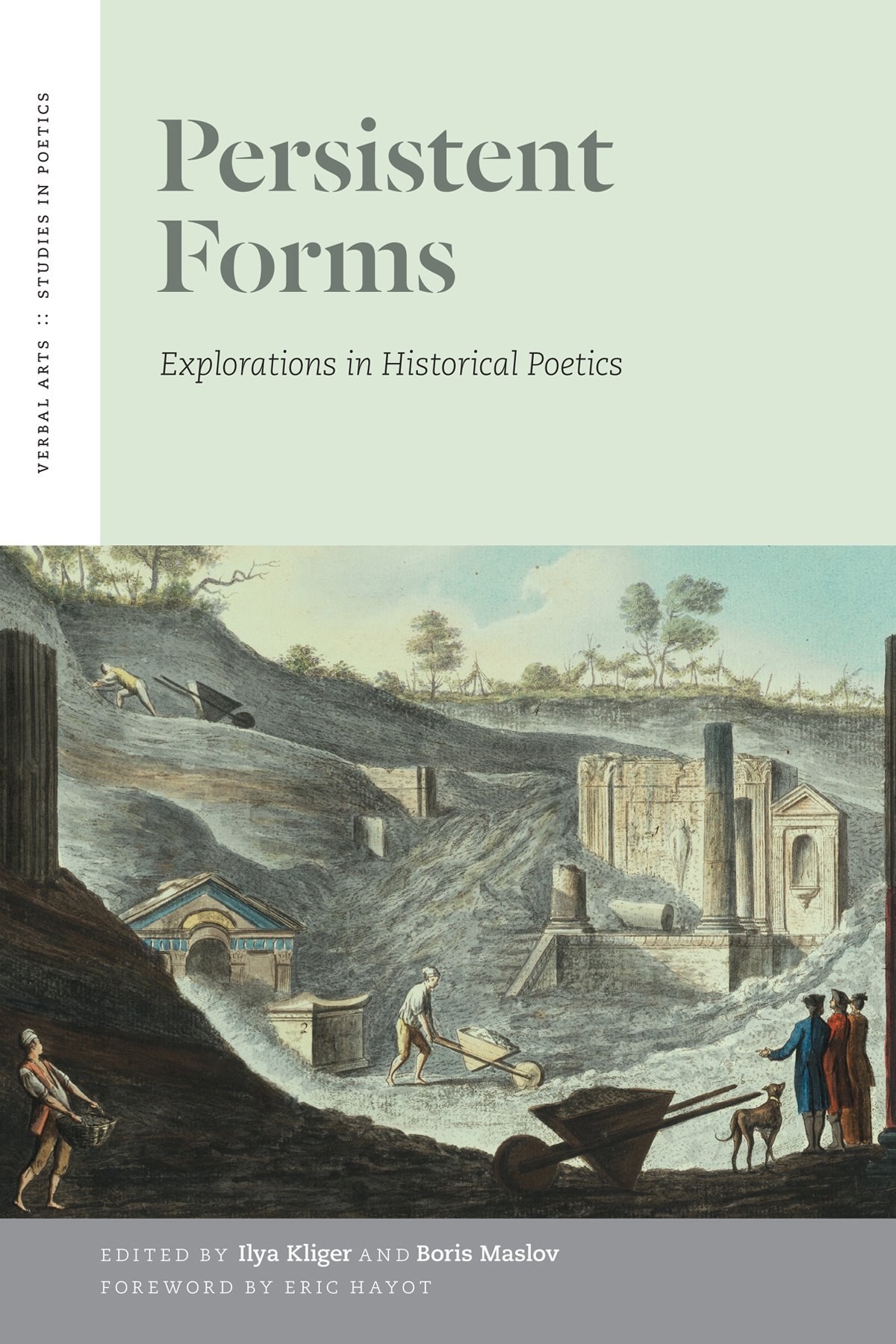

Most ebook files are in PDF format, so you can easily read them using various software such as Foxit Reader or directly on the Google Chrome browser.
Some ebook files are released by publishers in other formats such as .awz, .mobi, .epub, .fb2, etc. You may need to install specific software to read these formats on mobile/PC, such as Calibre.
Please read the tutorial at this link: https://ebookbell.com/faq
We offer FREE conversion to the popular formats you request; however, this may take some time. Therefore, right after payment, please email us, and we will try to provide the service as quickly as possible.
For some exceptional file formats or broken links (if any), please refrain from opening any disputes. Instead, email us first, and we will try to assist within a maximum of 6 hours.
EbookBell Team

4.3
88 reviewsSince the mid-1980s, attempts to think history and literature together have produced much exciting work in the humanities. Indeed, some form of historicism can be said to inform most of the current scholarship in literary studies, including work in poetics, yet much of this scholarship remains undertheorized.
Envisioning a revitalized and more expansive historicism, this volume builds on the tradition of Historical Poetics, pioneered by Alexander Veselovsky (1838–1906) and developed in various fruitful directions by the Russian Formalists, Mikhail Bakhtin, and Olga Freidenberg. The volume includes previously untranslated texts of some of the major scholars in this critical tradition, as well as original contributions which place that tradition in dialogue with other thinkers who have approached literature in a globally comparatist and evolutionary-historical spirit. The contributors seek to challenge and complement a historicism that stresses proximate sociopolitical contexts through an engagement with the longue durée of literary forms and institutions. In particular, Historical Poetics aims to uncover deep-historical stratifications and asynchronicities, in which formal solutions may display elective affinities with other, chronologically distant solutions to analogous social and political problems.
By recovering the traditional nexus of philology and history, Persistent Forms seeks to reinvigorate poetics as a theoretical discipline that would respond to such critical and intellectual developments as Marxism, New Historicism, the study of world literature, practices of distant reading, and a renewed attention to ritual, oral poetics, and genre.